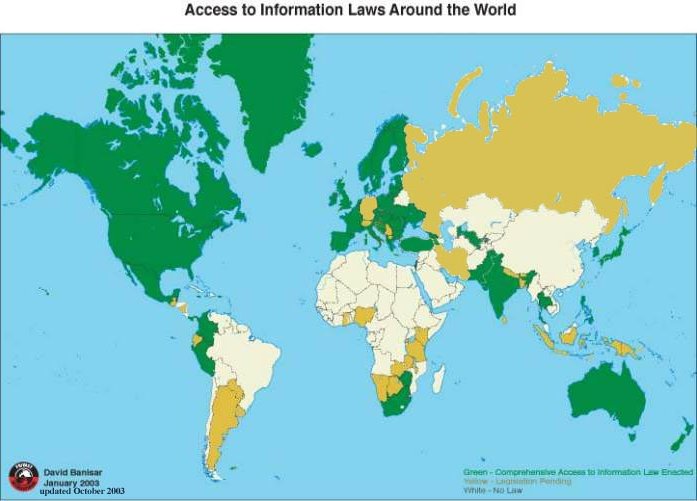
I refer to a
telephone
conversation today, sending this letter again by recorded letter
and Email:
15. November 2002 send again by registered letter:
Walter Keim
Torshaugv. 2 C
N-7020 Trondheim, 7.7.2002 (updated 3. March 2003)
E-mail: walter.keim@gmail.com
To the
Human Rights Committee c/o OHCHR-UNOG,
Petitions Unit
United Nations Office
8-14 avenue de la Paix
CH-1211 Geneva 10, Switzerland
Email: tb-petitions@ohchr.org
Fax. No. (41-22) 917 9022
Reference: G/SO 215/51 GERM ES
Dear Mr. Zayas,
I confirm receipt of your letter dated 3.6.02: http://wkeim.bplaced.net/files/020603un.pdf After "careful consideration" my petition is being returned for two reasons:
1) Domestic
juridical/administrative remedies do not appear to have exhausted
... or that remedies would be ... ineffective.
2) The Committee can only examine individual petitions by alleged
victims themselves ...
It is not easy for a German citizen to find out how Germany manages to sign international treaties, but deny its citizens the rights following. I was confronted with these problems because e. g. the government is not allowed to tell about legal rights, because of a monopoly on legal advice hold by lawyers, according to the Law on Legal Advice from 13. December 1935: http://wkeim.bplaced.net/files/de_legal_advice_law_overview.htm . But I understand the ICCP is considered a law being overruled by other (German) laws.
Although its difficult to find out there are examples of the attitude towards human rights of German authorities. The highest Court in Rheinland-Pfalz LG Mainz (1 QS 25/98) stated that the court can not give access to documents (as human rights would demand), because it is the parliament, which would have to give this right. The ICCPR wasn't even considered here.
The problem seems to be that the German courts ignore the ICCPR totally and refer that parliament would have to pass a freedom of information law first. Didn't you read the complaint of 13.3.02 http://wkeim.bplaced.net/petition_un.htm or do you not understand that juridical remedies are based on laws and do not change laws? I can not confirm that the complaint has been considered carefully.
Please find enclosed the decision of the German Constitutional Court of 21.6.2002 http://wkeim.bplaced.net/files/020621bvg.pdf which shows that domestic juridical remedies are exhausted. If you thought that domestic juridical remedies in favour of freedom of information could have a chance you lack knowledge of Germany. German federal authorities have no respect of freedom of information whatsoever.
Please find enclosed my complaint of 5.5.02 http://wkeim.bplaced.net/v-klage.htm (with an update 21.6.02) to the German Constitutional Court were the violations of the right to know (freedom of information) are specified. There is also a short English translation included: http://wkeim.bplaced.net/v-klage_en.htm. I am the victim, see point 2.:
Access was refused 8 times (both parliament and ministry:
It may be unbelievable that Germany is one of the last 4 countries in Europe without freedom of information. (I never would have believed this prior to my investigation) but this is the case. The human right of freedom of information is found in developed countries all over the world.
I understand,
that you
crossed points 8 and 12. But I can not understand that you
returned my complaint. Therefore I would like
to ask you to give me information, where I can complain in case
you again reject my complaint, because it would violate the
commitment of UN to human rights.
Article 2 paragraph 2 and 3 of the ICCPR binds states and gives citizens rights for remedies:
2. Where not already provided for by existing legislative or other measures, each State Party to the present Covenant undertakes to take the necessary steps, in accordance with its constitutional processes and with the provisions of the present Covenant, to adopt such legislative or other measures as may be necessary to give effect to the rights recognized in the present Covenant.
3. Each State Party to the present Covenant undertakes:
(a) To ensure that any person whose rights or freedoms as herein recognized are violated shall have an effective remedy, notwithstanding that the violation has been committed by persons acting in an official capacity;
Germany violates its obligation to adopt laws and gives no remedies.
This letter is published here: http://wkeim.bplaced.net/files/030425un.htm, where the answer will also be published.
Sincerely,
Walter Keim
List of appendices:
Support freedom of information: http://wkeim.bplaced.net/foi.htm#e-mail, http://wkeim.bplaced.net/petition_eu.htm
Who is responsible for the lack of freedom of information: http://wkeim.bplaced.net/I_accuse.htm
Support patients rights: http://wkeim.bplaced.net/patients.htm#e-mail
8. May 2003: Answer:
Not
sufficiently showed to be personally affected of a violation of
the International
Covenant on Civil and Political Rights (ICCPR).
18. November 2003: Germany
reports
false to UN, claiming that FOI is realized in Germany.
Copy: UNHCR-Special Rapporteur